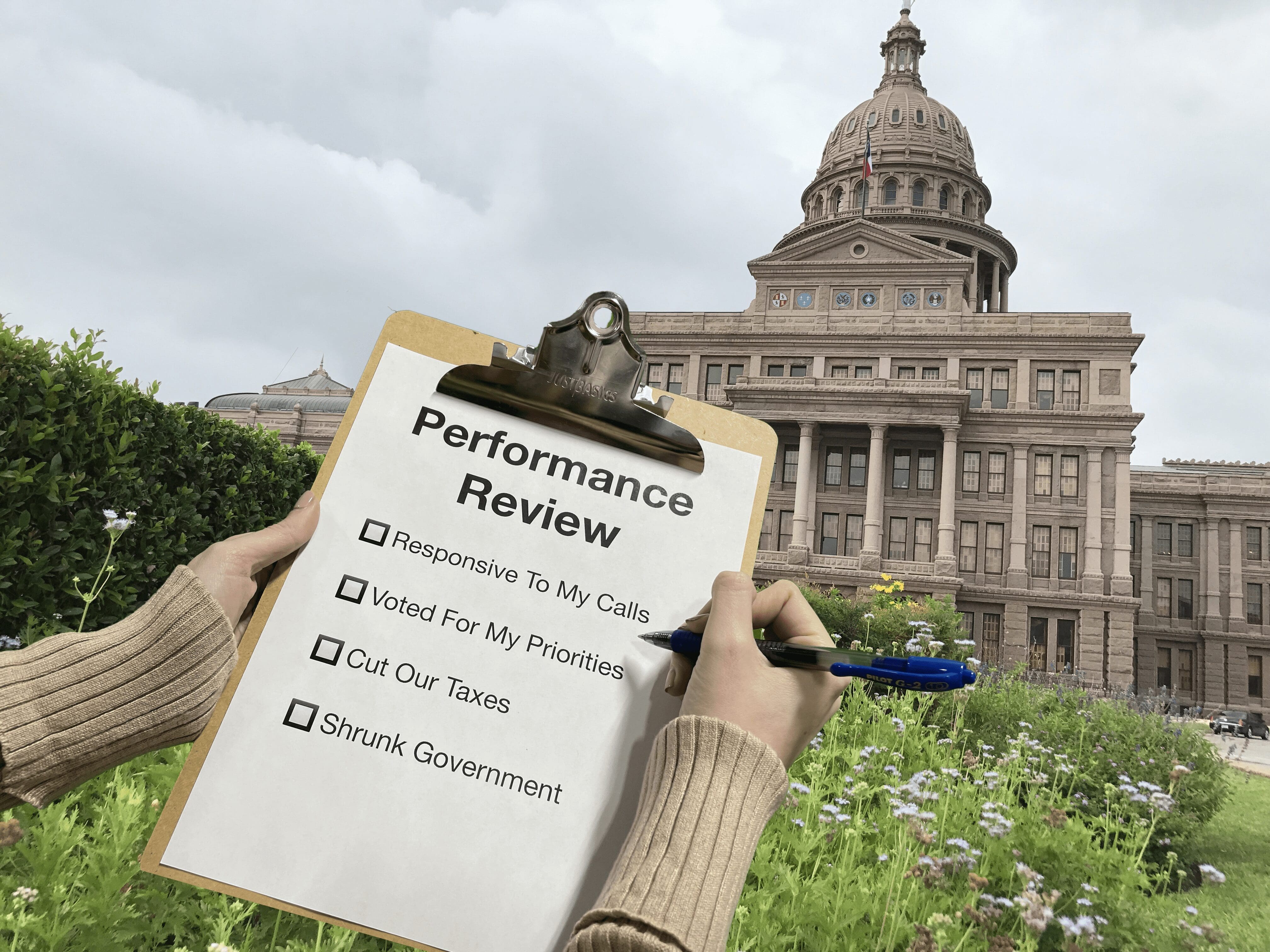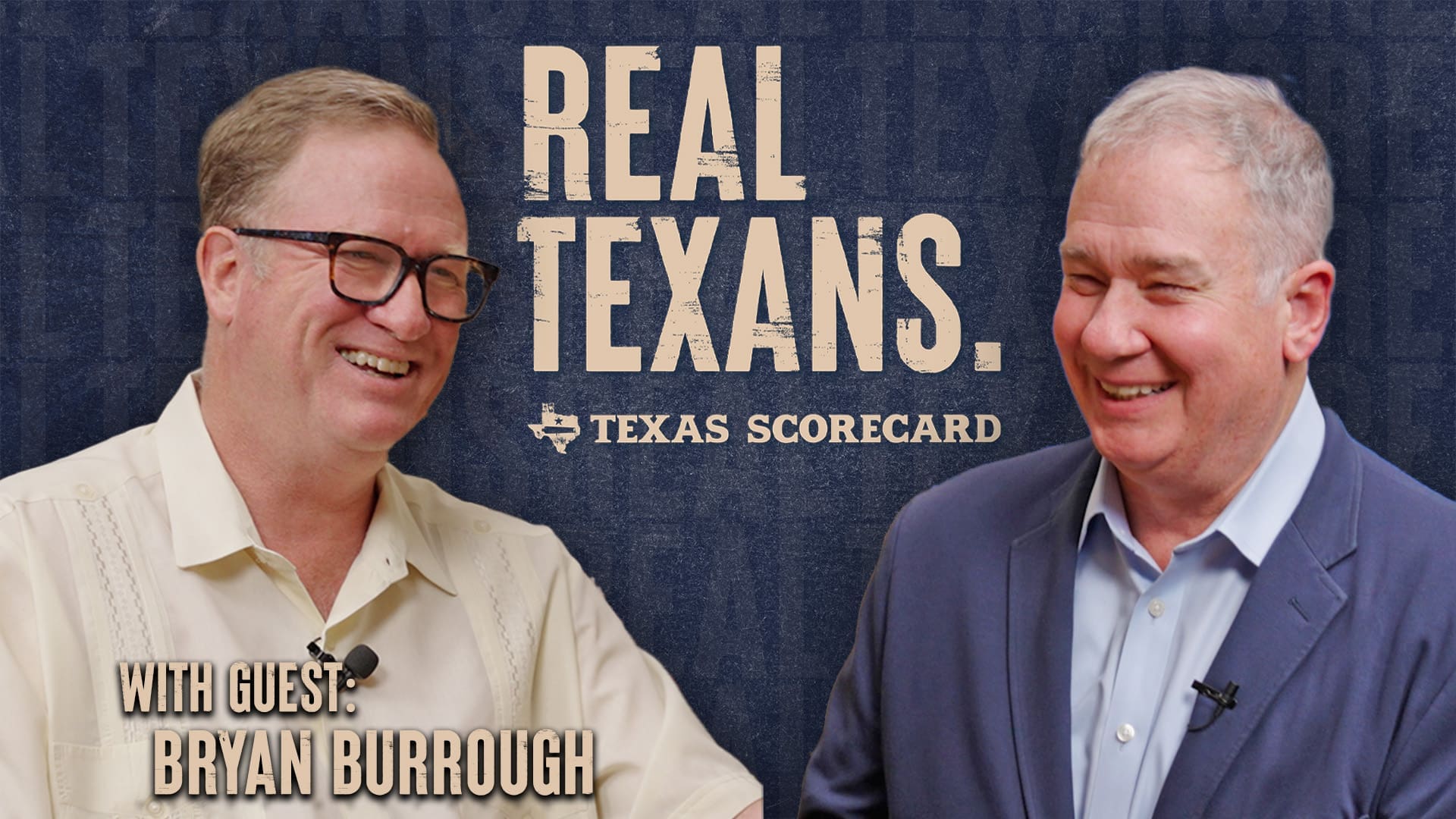Politicians like to make politics personal, because inflamed indignation allows them to skirt past serious questions about their representative performance. As citizens, it is up to us to keep it professional.
Let me state that again. Politicians, despite their protests, like for politics to be intensely personal.
It’s why their campaign materials lead with an emphasis on their spouses and offspring, rather than the tasks they will accomplish. They call it “introducing themselves,” but it’s really all about personalizing their political brand.
It’s why at Christmas they all send “holiday” cards featuring the incumbent’s family professionally poised on a perfectly manicured lawn, without a mention of what they specifically accomplished on your agenda this year.
Baubles, trinkets, and calendars – sent as mass-produced gifts – are designed to draw us in as “friends” who “get something” from a perceived “relationship.”
And so every policy question is turned into a referendum on their family, every representational critique is a slight against their loved ones. Any criticism of their record gets defensively re-framed as a personal attack, an insult, or a slur.
It’s easy to get sucked in. It’s easy, and wrong, to respond in kind.
More often, though, we err in the other direction. We allow politicians to personalize politics in a way that ensures we give them a pass.
We don’t want to believe someone whose kids played soccer in the same league as ours could possibly be doing a bad job. We’ll give a pass to the politician who attended our college, or whose cousin grew up near our hometown.
In the 1790s, congressional districts had a population of 30,000. Today that number is approximately 710,000. Members of the Texas House have approximately 170,000 constituents.
Suffice it to say, even our “closest” representatives are not the bosom buddy of every constituent as their correspondence and posture might indicate.
We shouldn’t act like it, either.
We need to step back, for the sake of our Republic. We must dial down the emotion in our reckoning of political actors’ official actions. Citizens must approach government professionally, even if the politicians do not. We need to stop personalizing our relationship with the elected officials whose names appear on our ballot – even if we actually do know them personally.
And we must never take personally their unwillingness – or inability – to deliver on our expectations.
Politicians are more correctly viewed as our servants, the hired help. While as individuals they are absolutely owed common courtesy and the basic dignity of humanity… they are not owed our blind fealty or slavish deference. They are hired to do a job; do it right, or go do something else.
All that should matter to us is whether they have done the job to our satisfaction, and leave it at that.
A normal person doesn’t assail the character of a waitress who neglects to fill our water glasses, but we might stop going to that restaurant. In the real world, a reasonable person doesn’t feel the need to question the moral integrity of an employee who is simply not up to the requirements of the job. The employee is either terminated or reassigned; it’s not personal.
In the same way, when the politicians fail, we should point it out – then find a replacement. It’s not personal; we must simply demand results.
Politics doesn’t have to be personal. It’s up to us, as citizens, to lead the way.





